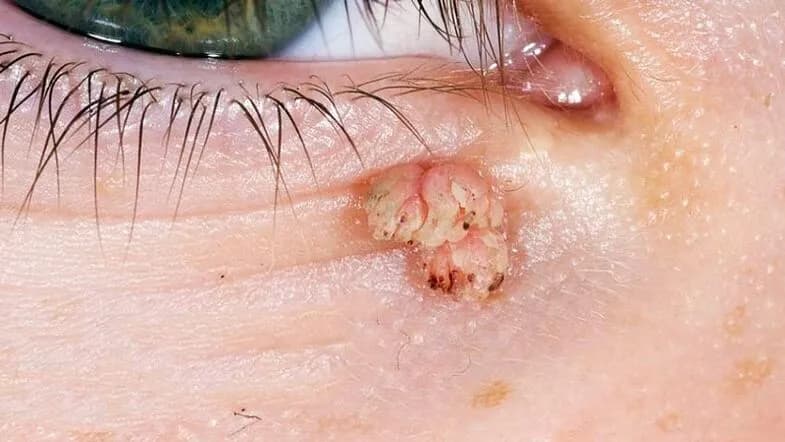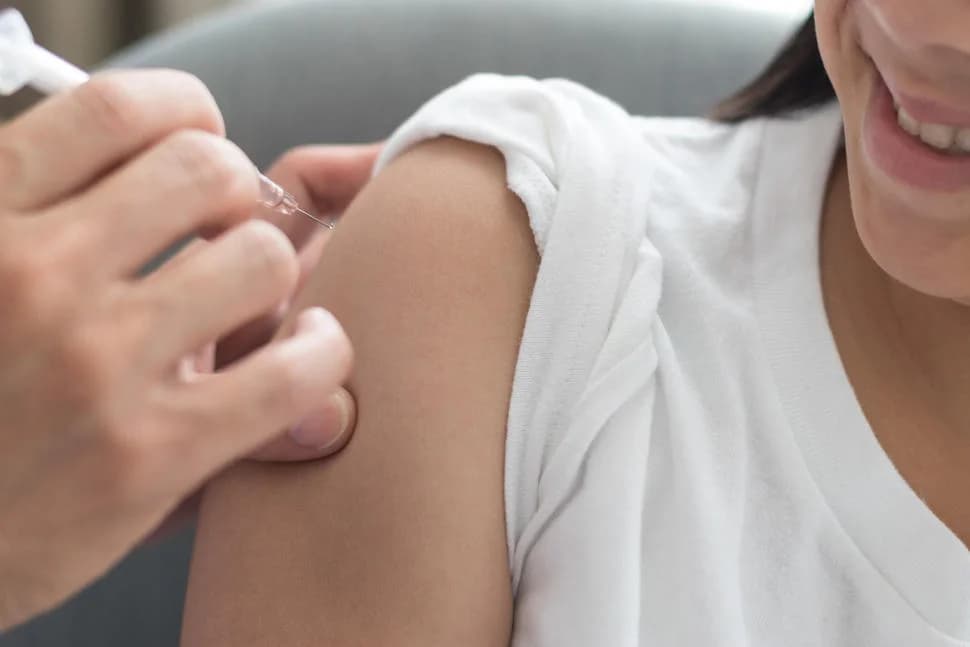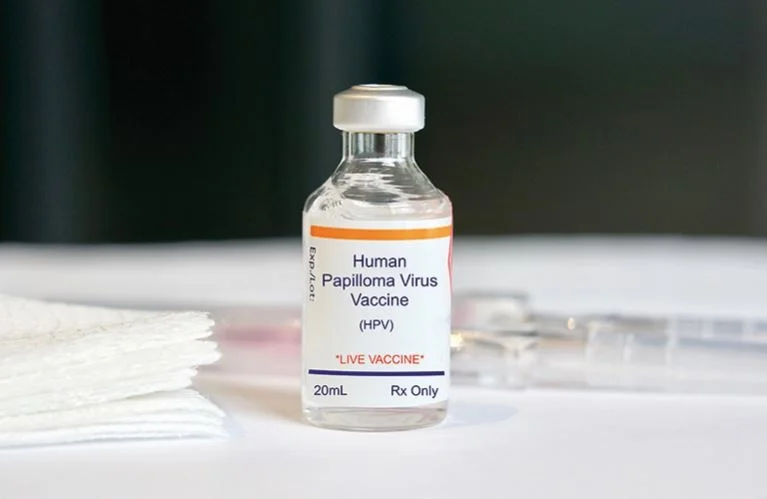Human papillomavirus (HPV) has many strains, some harmless (causing genital warts) and some considered high risk which can progress to cervical cancer. Although there is no treatment for HPV, getting vaccinated against it and receiving regular Pap smears can prevent cervical cancer.
What is human papillomavirus (HPV)?
Human papillomavirus (HPV) is a common virus that can affect different parts of your body. As most HPV strains cause warts on your hands, feet, face, etc., some can affect your genitals, including your vulva, vagina, cervix, penis, and scrotum, as well as your rectum and anus. Early detection and treatment of HPV can usually prevent it from developing into cancer.

How do you get HPV?
Genital HPV spreads through skin-to-skin contact during intercourse, oral sex, and anal sex. If infect your vulva, vagina, cervix, penis or scrotum, rectum and anus come in contact with the same body parts of an infected partner, you can get infected.
What are the symptoms of HPV?
HPV doesn’t usually cause symptoms in the genital area. If they occur, they are mostly warts. Genital warts are rough, cauliflower-like lumps that grow on your skin. These warts may appear weeks, months, or even years after you’ve been infected with HPV. High-risk forms of HPV often don’t cause symptoms until they’ve progressed to cancer, including:
Throat cancer

Is HPV curable?
Although there is no cure or treatment for HPV, your immune system will get rid of the virus within a year or two. However, the effects of the virus can be treated, such as any genital warts that appear or changes to the cells of the cervix. You can have the warts removed by the following methods and products:
Topical creams or solutions
Cryotherapy, or freezing and removing the tissue
Luster therapy
Surgery
What is the treatment for HPV?
Treatments can’t rid your body of the virus. They can remove any visible warts on your genitals and abnormal cells in your cervix. Treatments may include:
Cryosurgery: Freezing warts or destroying abnormal cells with liquid nitrogen.
Loop electrosurgical excision procedure (LEEP): Using a special wire loop to remove warts or abnormal cells on your cervix.
Electrocautery: Burning warts off with an electrical current.
Laser therapy: Using an intense light to destroy warts or any abnormal cells.
Cold knife cone biopsy (ionization): Removing a cone-shaped piece of cervical tissue that contains abnormal cells.
Prescription cream: Applying medicated cream directly to your warts to destroy them.
Trichloroacetic acid (TCA): Applying a chemical treatment that burns off warts.
Only a small number of people infected with high-risk HPV will develop abnormal cervical cells that require treatment.

Can HPV be prevented?
Although any type of sex carries the risk of being affected by HPV, you can reduce your chances by:
Getting HPV vaccine: The best way to protect yourself against HPV is to get vaccinated before becoming sexually active. Getting vaccinated may protect you from HPV strains you haven’t been exposed to. Everyone should get the HPV vaccine at 11 or 12 years.
Getting screened and tested regularly: If HPV is detected early, cervical cancer can be prevented. You should begin getting regular Pap smears at age 21. If you’re older than 65, you may or may not need continued screening.
Practicing safer sex: Although condoms are most effective in protecting against STIs, correct usage can reduce the risk of an HPV infection.
Protecting your partner(s): Let your partner know if you have HPV so that they can get tested, too.
Conclusion
In conclusion, Human Papillomavirus (HPV) is a common infection that often clears up on its own within two years. However, when it does cause health problems, treatment is directed towards the symptoms or complications caused by the virus, such as genital warts or precancerous lesions. While there is currently no specific antiviral therapy to eradicate HPV infection, the introduction of the HPV vaccine has been a significant advancement in preventing HPV-related diseases. The vaccine has been shown to decrease HPV-related cancer precursors and treatment procedures. However, it has also been associated with an increase in serious nervous system disorders and general harm.
Read more: